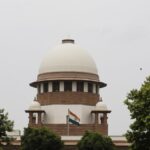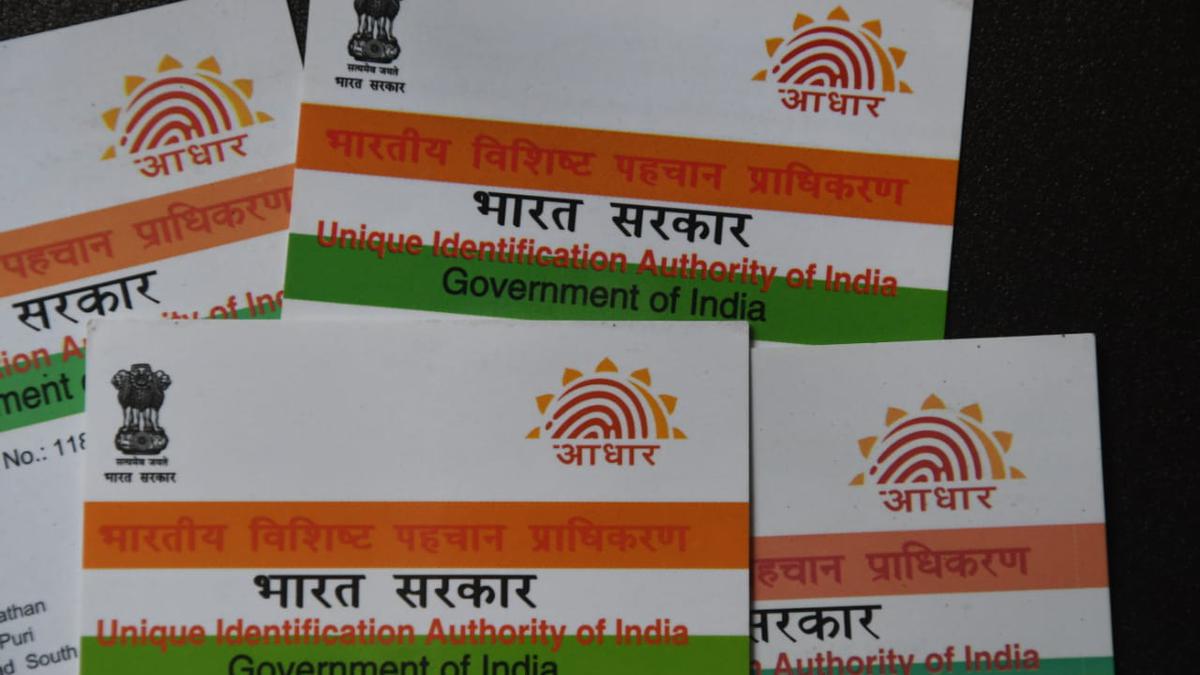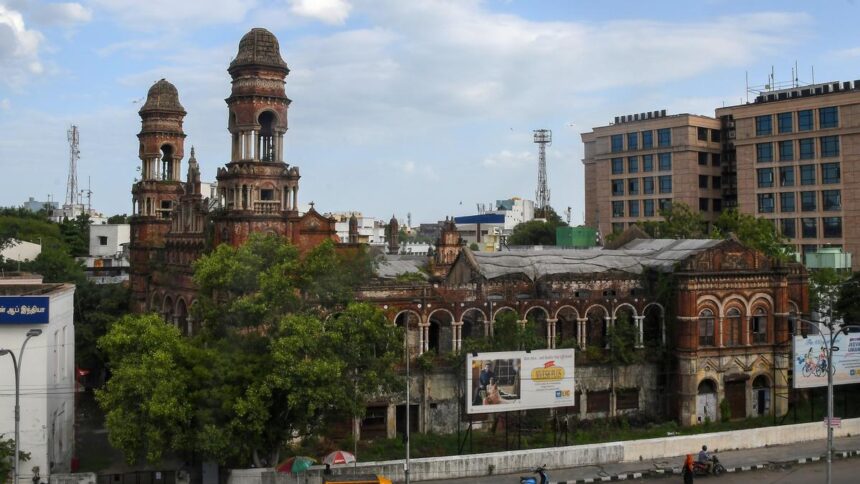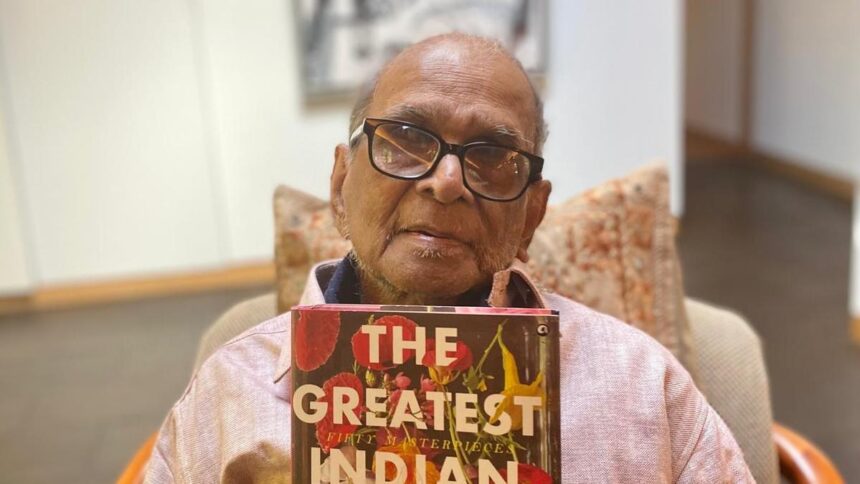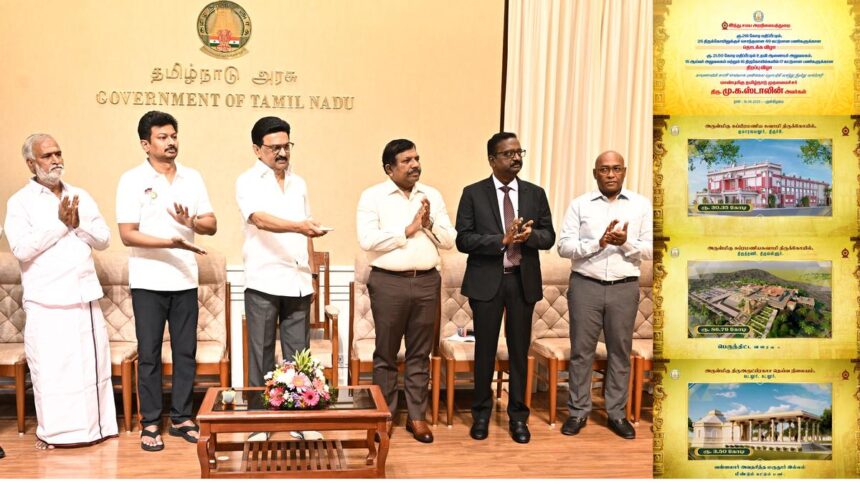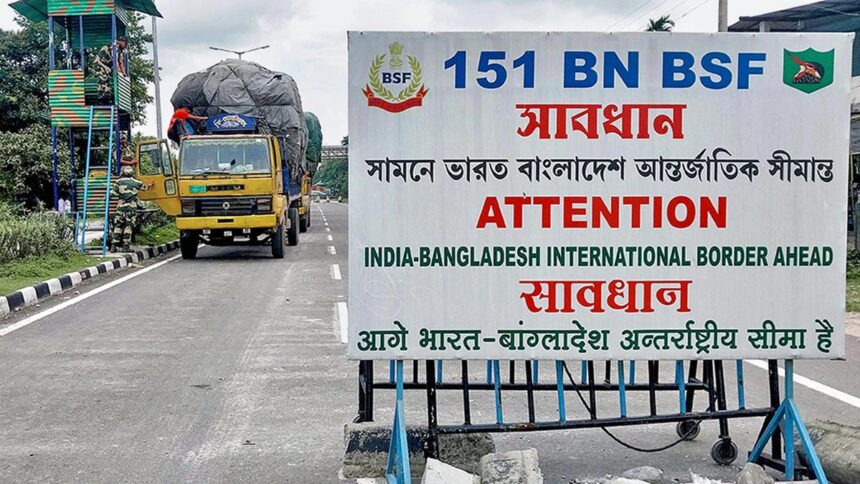
Representative image
| Photo Credit: The Hindu
The Bombay High Court on Tuesday (August 12, 2025) rejected the bail plea of Babu Abdul Ruf Sardar, accused of illegally entering India from Bangladesh and obtaining forged Indian identity documents, citing national security concerns, ongoing investigation, and the risk of absconding.
Passing the order, Justice Amit Borkar observed, “In my opinion, the Citizenship Act, 1955 is the main and controlling law for deciding questions about nationality in India today. Merely having documents such as an Aadhaar card, PAN card, or Voter ID does not by itself make someone a citizen of India. These documents are meant for identification or availing services, but they do not override the basic legal requirements of citizenship as prescribed in the Act.”

Mr. Sardar is facing charges punishable under Sections 335 (causing grievous hurt), 336(3) (endangering life or personal safety of others, aggravated form), and 340 (wrongful confinement) read with Section 3(5) (aggravated offence relating to the above) of the Bharatiya Nyaya Sanhita, 2023, along with offences under Sections 3(a) (prohibition on entry without valid passport) and 6(a) (penalty for entry without passport) of the Passport (Entry into India) Act, 1950, and Sections 3(1) (restriction on entry of foreigners), 3(2) (conditions for lawful stay), and 14 (penalty for contravention) of the Foreigners Order, 1948.
Appearing for the applicant, advocate Jyotiram S. Yadav argued that Mr. Sardar is “a bona fide citizen of India” and that the recovered birth certificates are “unverified and do not even mention the applicant’s name.” He added that these were received via WhatsApp from an unidentified sender and that the applicant holds multiple valid Indian documents linked to tax records, bank accounts, and utility services. “Nothing remains to be recovered from him, and continued custody serves no useful purpose,” Mr. Yadav said.
Digital evidence
Opposing the plea, Additional Public Prosecutor Megha S. Bajoria contended that the accused “entered the country without valid permission and is residing illegally by using forged identity documents.” She pointed to the digital evidence suggesting Bangladeshi origin and argued that Mr. Sardar’s release could allow him to abscond, obtain another false identity, or destroy evidence. Ms. Bajoria further warned of possible links to “a larger organised network involving illegal immigration and identity fraud.”
Justice Borkar, after reviewing the evidence, observed that citizenship claims must be tested strictly under the Citizenship Act and that the burden of proof lies with the accused when credible evidence raises doubts about nationality. “The allegations in this case are not small. It is not just about staying in India without permission or overstaying a visa. It is about making and using fake and forged identity documents like Aadhaar card, PAN card, and Voter ID, with the aim of pretending to be an Indian citizen.”
Highlighting that verification of Mr. Sardar’s Aadhaar card and other documents is still pending with the UIDAI and other authorities, the court concluded that releasing him at this stage would be “neither proper nor prudent.” The judge also noted, “The danger of the applicant running away from the law or interfering with the investigation is real.”
The bail application was dismissed, but the court allowed Mr. Sardar to renew his request for bail if the trial is not completed within one year.
Published – August 12, 2025 10:51 pm IST






